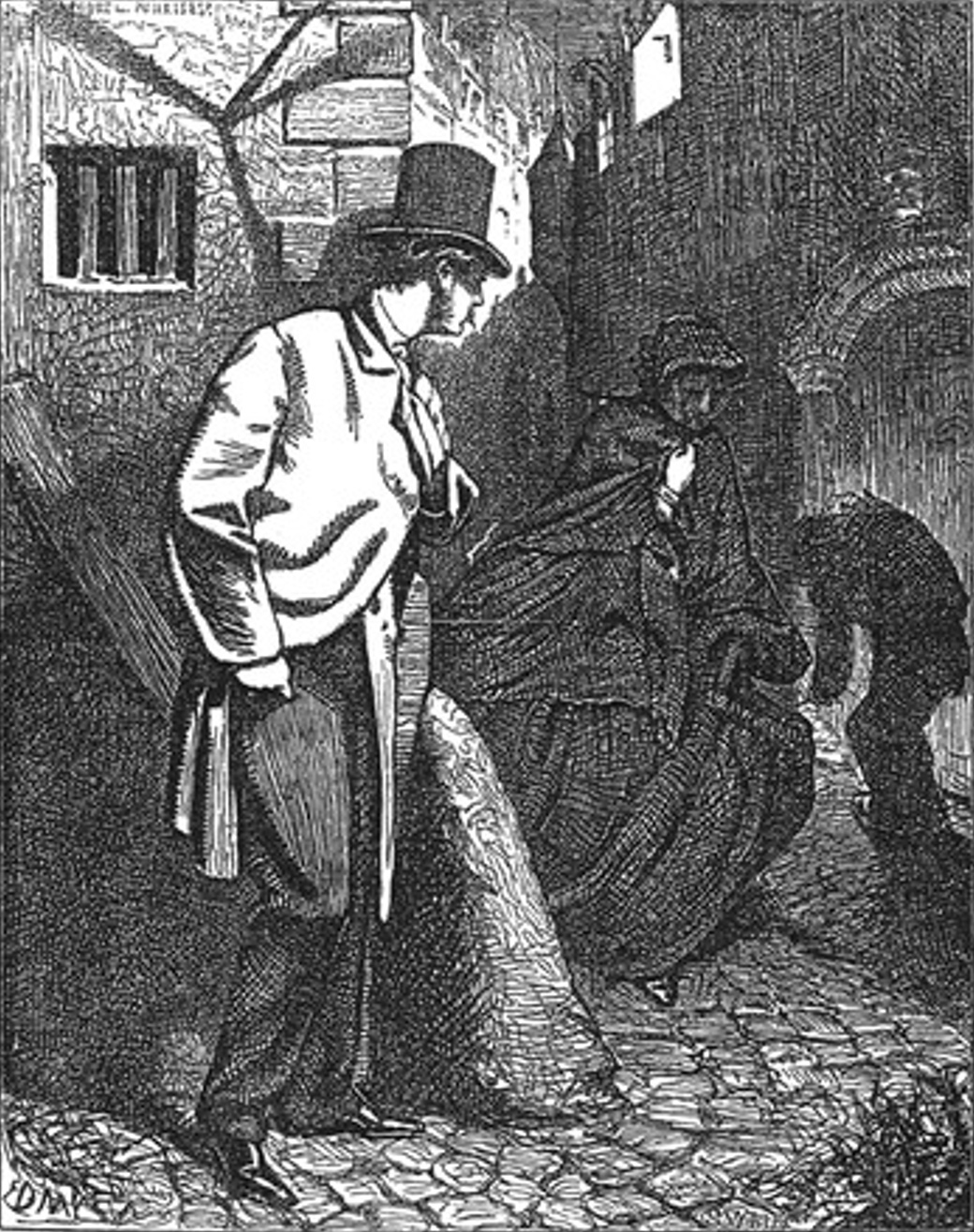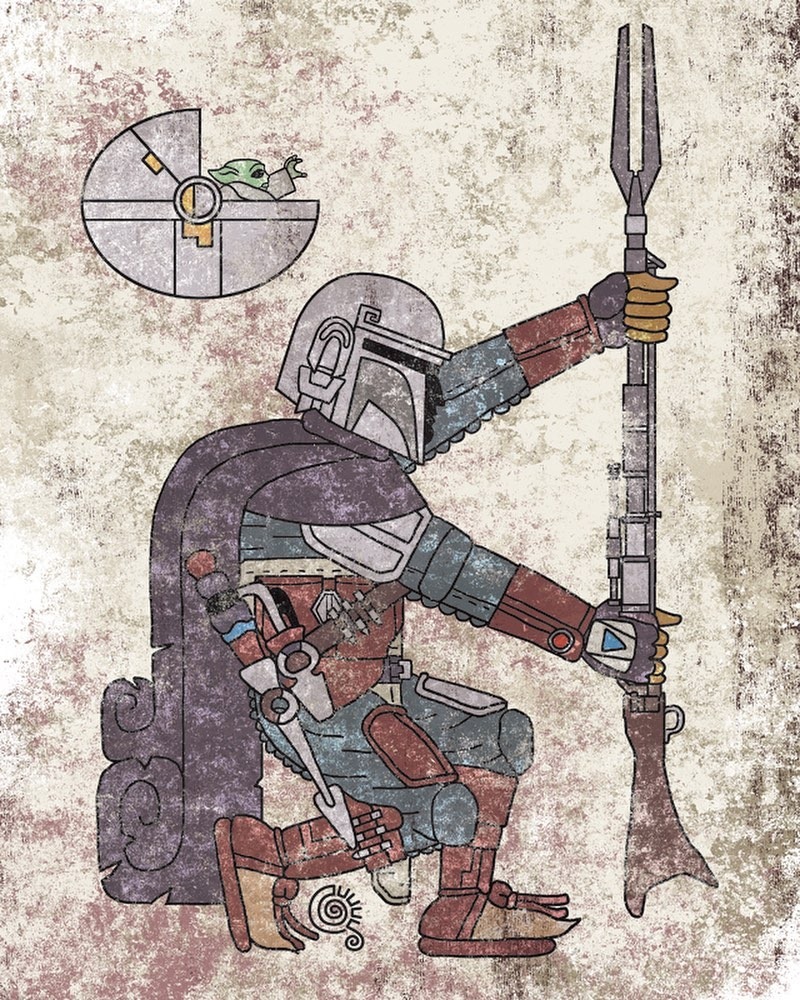Graduate Course Offerings
| Professor Taylor Hagood | Thursday, 7:10pm–10:00pm |
Disability Studies is a field of inquiry that raises large questions about vexed issues, from societal and marketplace definitions of normality/abnormality, to homogeneity or the lack thereof among disabled individuals, to the intimate connections between disability, race, and gender, to the ethics surrounding management of pain and life itself. Grappling with disability in literature brings particular ontological and epistemological challenges. This course will involve deep reading in Disability Studies along with a selection of literary texts. Readings will include works theorizing disability by Rosemarie Garland-Thomson, Robert McRuer, and Lennard J. Davis and fiction, poetry, drama, and nonfiction from the nineteenth century to the present such as Sharon Dunn’s Geek Love, Eli Clare’s Exile and Pride, and William Faulkner’s The Sound and the Fury.
********
| Professor Ian MacDonald | Tuesday, 7:10pm–10:00pm |
Literary critical theory from Plato to the 18th century.
********
| Professor Carla María Thomas | Monday, 4:00pm–6:50pm |
While this course is titled “History of the English Language,” it could more accurately be titled “The (Hi)Stories of Englishes” because there is no single English, and no single history. This course will trace the development of the various languages we lump into the single category of “English” from its emergence in England during the Old English period (c. 650-1150) to today’s global Englishes, including internet languages. The course will cover the IPA (International Phonetic Alphabet) and historical linguistics in the first half of the course with weekly exercises from This Language, A River’s workshop and a midterm exam, but then it’ll shift to focus on your particular research interests, which may be more sociolinguistic than historical in nature, in the second half of the semester with student-chosen readings (essays or book chapters) and presentations that culminate in a final research paper of your choice. You will understand how our mouths literally produce consonant and vowel sounds, why we pronounce words the way we do, our strange grammatical quandaries (like what’s up with our use of “do”), a basic understanding of some premodern Englishes, and much more!
*******
| Professor Julieann Ulin | Wednesday, 7:10pm–10:00pm |
Research, presentation, publication and professional practices of the discipline of literary studies.
********
| Professor Oliver Buckton | Wednesday, 4:00pm–6:50pm |

The “Sensation Novel” shocked Victorian readers of the 1860s with its scandalous themes of adultery, bigamy, theft, murder, and other crimes, usually set within middle-class society. Genre-defining novels such as Wilkie Collins’s The Woman in White (1859) and Mary Elizabeth Braddon’s Lady Audley’s Secret (1862), propelled crime and punishment to the center of popular Victorian fiction. Also known as “Newspaper novels” because they exploited contemporary news stories of murder and scandal, the Sensation novel was at once wildly popular and decried as immoral. The decade culminated with the first full-length detective novel in English, Collins’s The Moonstone, and inspired much late-Victorian fiction featuring daring detectives and super sleuths. Most famous of these was Arthur Conan Doyle’s Sherlock Holmes, who combined a bohemian lifestyle and sensibility with brilliant crime-solving skills to attract readers in their millions. This seminar will investigate the narrative techniques and forms of Victorian crime fiction, and explore the deep connections between the explosion of crime fiction in Victorian Britain after 1860 and Victorian anxieties about class, sexuality, gender, marriage, race, and empire. Authors to be studied include Mary Elizabeth Braddon, Wilkie Collins, Charles Dickens, Arthur Conan Doyle, Robert Louis Stevenson, Mary E. Wilkins, and Oscar Wilde.
********
| Professor Taryne Taylor | Tuesday, 4:00pm–6:50pm |

Qetza's Mandalocatl
This course focuses on Latinx Futurisms in science fiction and fantasy (sf/f). Latinx Futurisms is a subgenre of speculative fiction that is part of the larger CoFuturisms movement which includes Afrofuturisms and Indigenous Futurisms. This semester we will delve into a thread of Latinx Futurisms that I call Ancestral Latinx Futurisms—speculative works that draw on non-Western mythologies as central elements of their world-building. Authors such as Daniel José Older, Sabrina Vourvoulias, Isabel Ibañez, Aiden Thomas, Rebecca Roanhorse, and Edgardo Miranda-Rodriguez draw on a wide-range of non-Western cosmologies, both pre-Columbian and syncretized, such as santería, Mesoamerican cosmologies, brujería, Andean cosmologies, and Taíno cosmology. In so doing, these authors create a more inclusive mythopoetics of Anglophone sf/f, which has been dominated by works influenced by European cosmologies. In addition to reading phenomenal works of sf/f, we will discuss central elements and theories in science fiction and fantasy studies. In addition to appealing to those working in genre studies, Mythologies in Latinx SF/F will be of particular interest to those working in gender and ethnic studies as the course texts engage with Latinx feminist and/or queer perspectives.
********